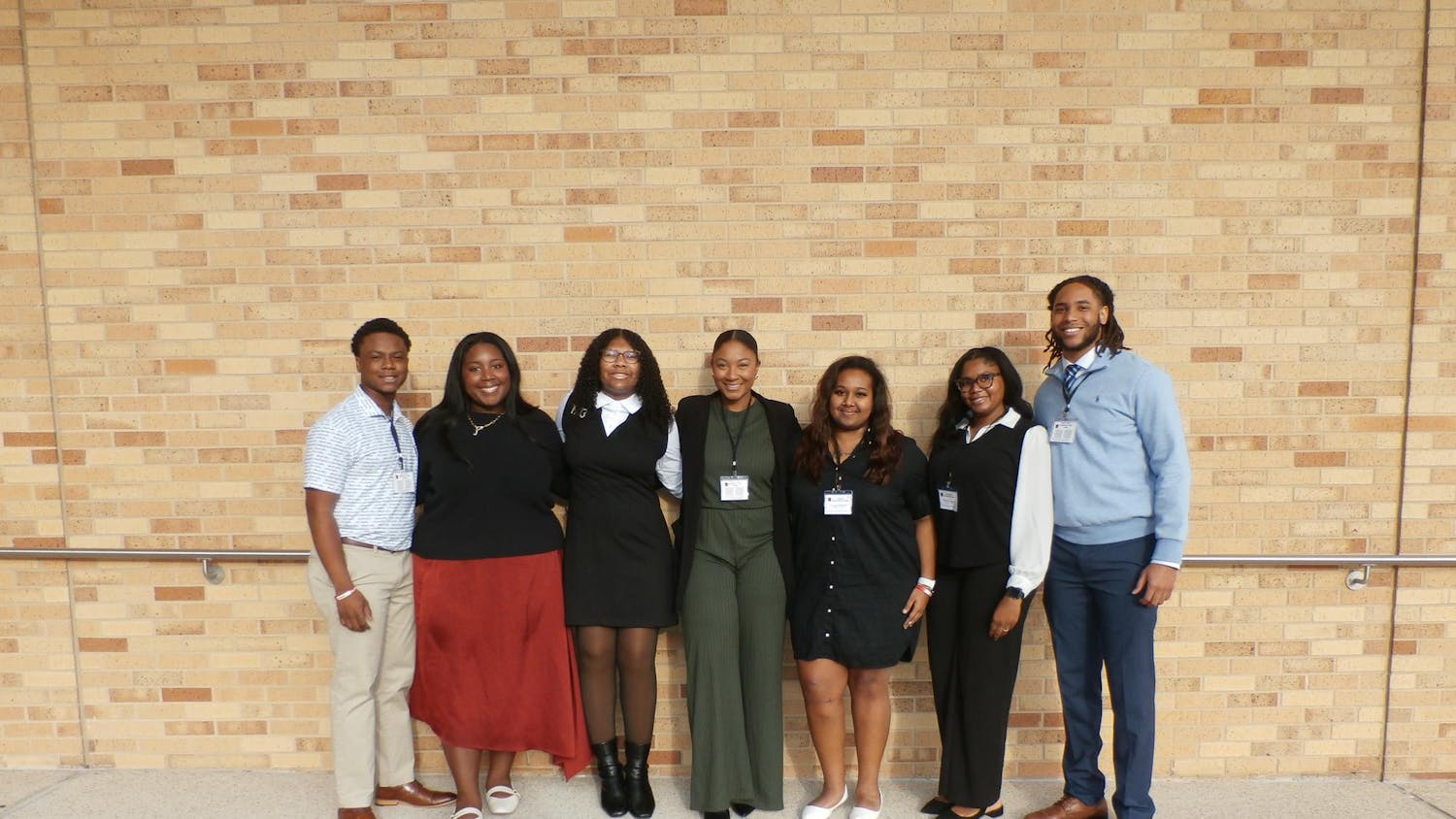The U.S. Department of Education has established a new student financial aid program which is already in effect at Auburn University.
Income Based Repayment encompasses all major types of federal student loans.
"The program caps the (student's) monthly payment based on income and family size at 15 percent of discretionary income," said Charles Markle, manager of Financial Aid Services. "Discretionary income is the different between adjusted gross income and 150 percent of the poverty guideline for your family size and your state."
This repayment program is only available to students who have taken out Stafford, Grad PLUS or consolidation loans. Parent PLUS loans are not covered by IBR.
"The problem with the caps that the government places on FAFSA and other loans is that just because someone is way over the average income doesn't mean that they have extra money lying around to pay for college," Anna Lee Alford, a senior in international business, said. "If we were to devote the amount of money the government assumes that my parents should devote to my college education, we would have to move into a smaller house, as would a lot of other people."
Alford also said she felt that people who want to pursue a more humanitarian or public service position can do so because the pressure of paying back their student loans will not be as pressing of an issue when they're searching for a job.
Currently there are two Stafford loan programs that a university can choose to use. Either the Stafford FFEL or Stafford Direct loan program may be used.
Prior to summer 2009, Auburn University was affiliated with the Stafford FFEL program.
The Stafford FFEL loan program is set up so that the lender is a bank or another private lender, whereas the Stafford Direct loan program has the federal government as its lender.
Mike Reynolds, director of Financial Aid Services, said that both programs are equal and that the major issue is that the money needs to be accessible to students.
He said he felt a lot more confident with the Stafford Direct loan program because it alleviates problems with private lenders.
Reynolds is not concerned with possibility of the Stafford Direct loan program not having the capacity to handle the volume of students because Auburn is already involved.
Auburn's switch to the Stafford Direct program had no effect on its capability to take on IBR.
Before IBR, the University used the standard 10-year repayment plan which put students on a strict deadline.
"(IBR) is directed at students who intend to pursue jobs with a lower salary and public service jobs," Markle said. To qualify for IBR, you have to be able to demonstrate financial hardship.
"It would benefit me because I will be entering a low income job field," said Christen Holmes, a junior in secondary education. "I think it's a good thing because students deal with a lot coming out of college. They are faced with a lot of debt which has a negative impact on the first few years out of college."
For more information regarding IBR and other financial aid, please visit www.studentaid.ed.gov.
Do you like this story? The Plainsman doesn't accept money from tuition or student fees, and we don't charge a subscription fee. But you can donate to support The Plainsman.




